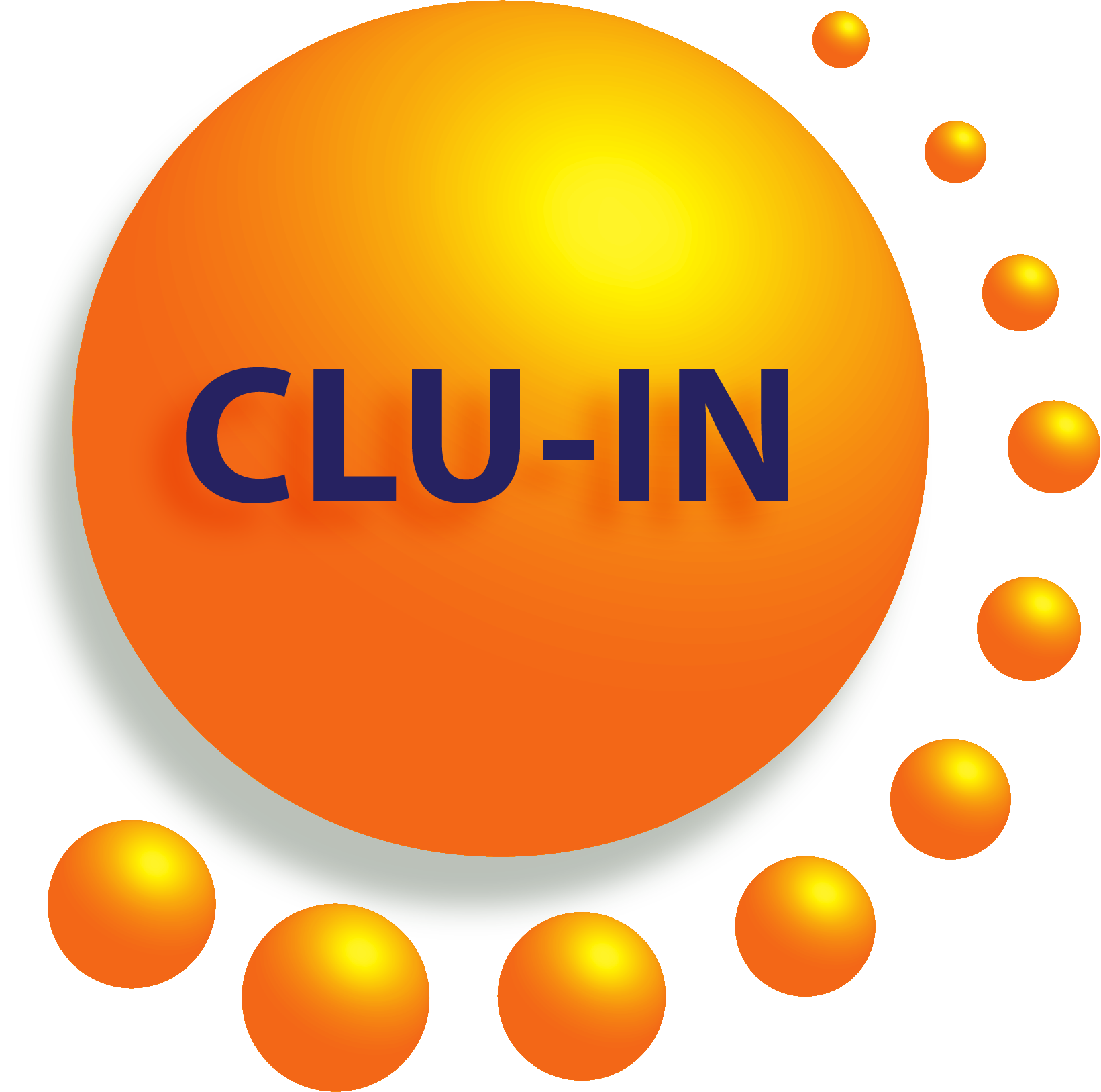6PPD & 6PPD-quinone: Understanding and Mitigating the Emerging Global Contaminants Training
Archived: Thursday, September 28, 2023
Sponsored by: Interstate Technology and Regulatory Council
The Interstate Technology & Regulatory Council (ITRC) together with the Australasian Land and Groundwater Association (ALGA) is holding a Workshop on the emerging contaminants, 6PPD and 6PPD-quinone. The Workshop will feature speakers from the United States, Australia, and Europe (NICOLE). The aim of this Workshop is to provide background on 6PPD and 6PPD-quinone, review the environmental and health risks, and highlight what is being done globally to find a solution. Time will be allotted for audience questions and answers.
6PPD-quinone was an unknown chemical until 2020 when Tian et al. identified it as the toxic agent killing coho salmon in Washington State. 6PPD-quinone is a reaction product of ozone and 6PPD, a tire anti-degradant that has been used for decades throughout the world and is recognized as one of the most toxic chemicals compared to substances with USEPA aquatic life criteria. In the short time since 6PPD-quinone's isolation and characterization, scientists have been working to better understand its prevalence and behaviors in the environment. Science is emerging rapidly; this webinar will provide a brief overview of the current understanding of 6PPD-quinone sources, exposure, fate, transport, toxicity, and mitigation strategies. This webinar will also highlight policies, regulations, and government actions related to 6PPD-quinone from Australia, New Zealand, the EU, and the US.
Organization Information:
The Interstate Technology and Regulatory Council (ITRC) is a program of the Environmental Research Institute of the States (ERIS). ITRC is a state-led organization composed of members from state agencies, federal government, the private sector, academia, and community stakeholders. ITRC members participate in technical teams which produce free tools, resources, and training courses for environmental professionals and the public.
The Australasian Land & Groundwater Association (ALGA) provides a forum and identity for the Australasian contaminated land and groundwater industry and supports the many professionals working in the field. The core focus of this association is to support advances in the prevention, assessment and remediation of contaminated land and groundwater.
NICOLE is the leading European network combining industry, service providers and academics, formed in 1996 with the aim to develop and share state-of-the-art solutions for sustainable risk-based management of impaired land.
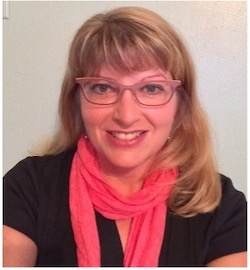 Kelly Grant, California Department of Toxic Substances Control (kelly.grant@dtsc.ca.gov)
Kelly Grant, California Department of Toxic Substances Control (kelly.grant@dtsc.ca.gov)
Kelly Grant is a senior environmental scientist in California’s Safer Consumer Products (SCP) program and has been there since 2018. At SCP, she helps to identify and find solutions to problematic chemicals in products, including 6PPD in tires. In addition, she serves as co-lead for the ITRC Tire Anti-Degradants (6PPD) Team. Prior to joining SCP, Kelly was a biology professor at a small university near Lake Erie, where her research used molecular biology to answer questions about toxicology, ecology, and environmental science. Before that, Kelly served as an American Association for the Advancement of Science (AAAS) Policy Fellow in U.S. EPA’s Design for the Environment. Her Ph.D. is in Molecular and Cellular Biology from the University of Washington in Seattle and her undergraduate degree is from Haverford College in Pennsylvania.
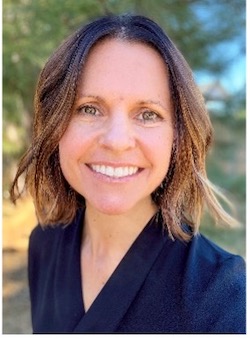 Tanya Williams, Washington State Department of Ecology (TAWI461@ecy.wa.gov)
Tanya Williams, Washington State Department of Ecology (TAWI461@ecy.wa.gov)
Tanya Williams serves as the Washington State Department of Ecology’s 6PPD Lead Agency Planner. She coordinates 6PPD and 6PPD-quinone strategic planning across the department, interfaces with state, federal and Tribal governments, and is a lead for the ITRC Tire Anti-Degradant (6PPD) Team. Tanya is also the project manager for Ecology’s 6PPD action plan. This action plan will identify, characterize, and evaluate uses and releases of 6PPD and 6PPD-quinone, as well as recommend actions that Washington can take to protect human health and the environment from these chemicals.
Prior to her role at Ecology, Tanya spent 20 years as an environmental scientist at federal and local government departments, including at the U.S. Department of Energy’s Hanford Site. She specialized in the Clean Air Act, the National Environmental Policy Act, air dispersion modeling, health risk assessments, environmental management systems, environmental justice, and program development. Tanya is the outgoing Chair of the Air & Waste Management Association’s Environmental Justice Inter-Committee Task Force and is an ISO 14001:2015 Environmental Management Systems Lead Auditor. She received her Bachelor of Science in biology and Bachelor in Business Administration and Management from Eastern Washington University in Washington State.
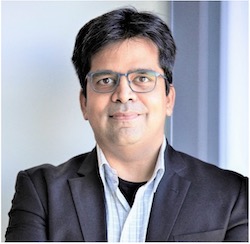 Lokesh Padhye, Associate Professor, The University of Auckland (l.padhye@auckland.ac.nz)
Lokesh Padhye, Associate Professor, The University of Auckland (l.padhye@auckland.ac.nz)
Dr. Lokesh Padhye is an Associate Professor of Environmental Engineering at the University of Auckland. He obtained his Masters and PhD in Environmental Engineering from the Georgia Institute of Technology, Atlanta. He is also a registered professional engineer (P.E.) with the Texas Board of Professional Engineers and Engineering New Zealand. Prior to joining the University of Auckland, he worked as a senior environmental engineer in Atlanta for three years and as an Assistant Professor at the Indian Institute of Technology Bombay for one year. Dr. Padhye was also a Visiting Scholar at the Massachusetts Institute of Technology (Cambridge, MA) from 2016-2019. Dr. Padhye's research interests are in the fields of water quality, water/wastewater treatment, and environmental contaminant remediation. His research group is particularly interested in studying the fate and treatment of emerging aqueous contaminants, including PPCPs, pesticides, PFAS, tire wear chemicals, packaging additives, and microplastics.
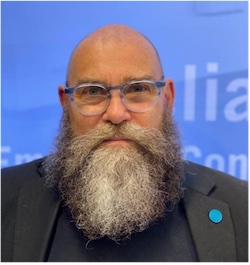 Bob Symons, Eurofins Environment Testing Australia Pty Ltd (bobsymons@eurofins.com)
Bob Symons, Eurofins Environment Testing Australia Pty Ltd (bobsymons@eurofins.com)
Bob Symons is the Regional Technical Manager for Eurofins Environment Testing Australia & Aotearoa New Zealand where he is responsible for emerging contaminants and sits on its PFAS global peer group. Bob has a PhD in Environmental Analytical Chemistry from La Trobe University and an undergraduate degree from Victoria University in Melbourne. Prior to joining Eurofins, Bob was the Laboratory Manager for the Organic Chemistry Unit at the Institute of Environmental Science & Research Limited in New Zealand and later setup Australia’s Dioxins Analysis Unit at the National Measurement Institute in Sydney. His research interests are the analysis of persistent organic pollutants using advanced mass spectrometric techniques as well as emerging contaminants such as 6-PPD quinone. Bob is a past member of NATA (National Association of Testing Authorities, Australia) Life Sciences Accreditation Advisory Committee and a current Technical Assessor for ISO/IEC 17025.
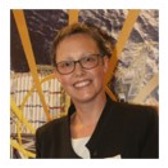 Sophie Claes, ERM (sophie.claes@erm.com)
Sophie Claes, ERM (sophie.claes@erm.com)
Sophie Claes is Consulting Director at ERM with over 25 years of extensive experience in project management in national and international projects across different services (soil and groundwater projects, global audit programs, global monitoring programs, and operational performance projects) for a wide variety of clients. Sophie is currently managing a number of multi-year global programs for industrial and other clients as for example and CES (Specialty Chemicals Sector Group of Cefic) and the WBCSD (Tire Industry Project). Through those projects, Sophie has built experience with evaluating impact, risk and fate & transport of industrial chemicals and microplastics in the wider environment. As project manager Sophie is responsible for scheduling, budget tracking, invoicing, resourcing, risk and change management and follow-up of the timing and quality of deliverables for those projects.
Moderators:
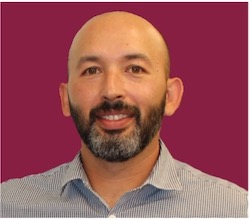 Charles Reyes, The Interstate Technology & Regulatory Council (ITRC)
Charles Reyes, The Interstate Technology & Regulatory Council (ITRC)
Charles Reyes is the Director of the Interstate Technology and Regulatory Council (ITRC). He has over 15 years of experience supporting state and federal government agencies responsible for implementing environmental protection regulations, policies, and cleanup strategies and technologies in the United States. He joined ITRC in May 2023 and prior to joining ITRC, he worked for the Association of State and Territorial Solid Waste Management Officials (ASTSWMO) for 14 years in various capacities, most recently as Associate Director, and spent a few years as an environmental consultant. Charles holds a B.A. in Political Science – Legal Studies from Virginia Tech, and a Master Certificate in Supervisory and Human Resources Management from Michigan State University – Eli Broad College of Business.
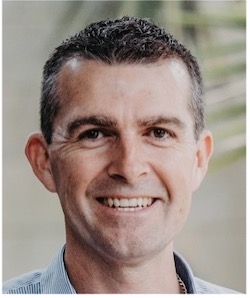 Matthew Potter, Australasian Land & Groundwater Association (ALGA)
Matthew Potter, Australasian Land & Groundwater Association (ALGA)
Matthew Potter has been the Chief Executive Officer of ALGA since June 2022. Matther has 23 years of experience in the environmental services industry. Over his career he has worked across many facets of industry, including as a Consultant, Victorian Government employee, and contractor. This unique experience enables Matthew to intimately understand the needs of the various stakeholders and how to deliver the best outcome for its clients. Prior to joining ALGA, he was the Environmental Services Manager at HydroTerra where he oversaw the scoping, design, installation and maintenance of all of the environmental monitoring service delivery projects.
- These materials will be available by Thursday, September 28, 2023
Webinar Slides and References:
- These materials will be available by Thursday, September 28, 2023
Additional Resources:
- These materials will be available by Thursday, September 28, 2023
Help & FAQs
- Frequently Asked Questions
- Content Questions?
Call the ITRC Training Program at 202-266-4932 or itrc@itrcweb.org - Technical Problems?
Leave us a comment - Cancel Your Registration
- My Participation Records
- CEU Credits and PDHs
Zoom Resources
Before Webinar Day
This seminar will be delivered through Zoom. Participants are encouraged to update to the latest version of the Zoom application for the best experience.
If you are unable to install the Zoom application, most functions will be available if you join just using a modern web browser such as Chrome, Edge or Firefox. We strongly encourage you to run the Zoom Meeting Test prior to attending this webinar. Technical support on the day of the webinar will be very limited and subject to significant delays.
Backup Conference Call
If you cannot participate using online audio, you may join the optional call in line. After checking in for the live event using the instructions listed below, you will see several options to participate. Please click the links in option 4 to follow along by phone and obtain the call in number. If you cannot access the phone number, you may request the call in line from the event moderator in the Q&A or send an email to Jean Balent at balent.jean@epa.gov
Click on "Join Webinar" at the top of this screen, enter your exact first and last name as you registered and enter the number of people attending at your location (including yourself). You should then be taken to the Zoom meeting room. Join with Zoom Application: For those joining with the Zoom application, you may be prompted to sign with a zoom account or join as a guest without signing in.
If joining as a guest, you will be prompted to enter your name and email address. Remember your name, image, video or voice may be visible to others in the live event. When done, click "Join" When it is time for the live event to start, the meeting host will admit you to the live Zoom meeting. Join via web browser (without the Zoom Application): For those joining with a web browser, you may close any pop ups prompting you to download the Zoom app. The next window will allow you to enter your name (first name and last name) and check the box that you are not a robot. Click the blue join button. You may also be asked to provide your email address before joining the room. Remember your name, image, video or voice may be visible to others in the live event. When done, click "Join" When it is time for the live event to start, the meeting host will admit you to the live Zoom meeting. You may need to periodically refresh the browser window to confirm if the host has admitted you. The presenters will control what slide you are viewing. You may submit questions online for the instructors to answer during the webinar by typing in the "Q&A" area. It is not necessary to wait until the question and answer periods to submit questions. At the end of the webinar you will be guided to our feedback form and links to additional resources, including the complete presentation. These links will remain active after the webinar. Provided for your convenience. Importing or accepting the invitation within this iCalendar file is not required, and declining the invitation does not cancel your registration. For additional information on iCalendar, please see our
iCalendar Help It is EPA's policy to make reasonable accommodation to persons with disabilities wishing to participate in the agency's programs and activities, pursuant to the Rehabilitation Act of 1973, 29 U.S.C. 791. Any request for accommodation should be made to the ITRC Training Program at 202-266-4932 or itrc@itrcweb.org, preferably one week or more in advance of the seminar, so that EPA will have sufficient time to process the request. EPA would welcome specific recommendations from requestors specifying the nature or type of accommodation needed. EPA welcomes specific recommendations from requestors specifying the nature or type of accommodation needed. Please note that CLU-IN provides both alternate phone call-in options and closed captioning for all webinars, and requests for these specific accommodations are not necessary.
Webinar Day, Checking In
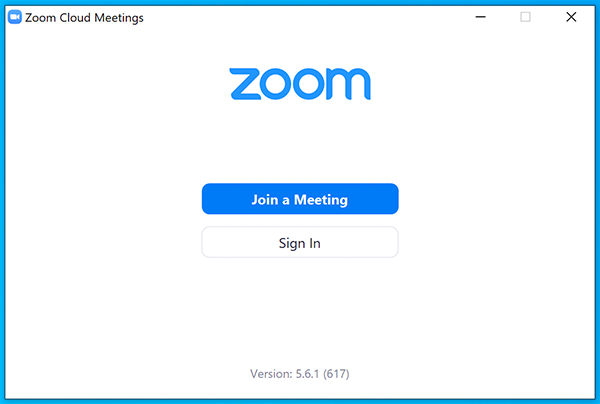
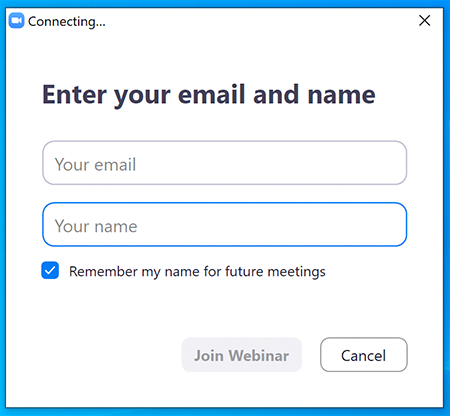
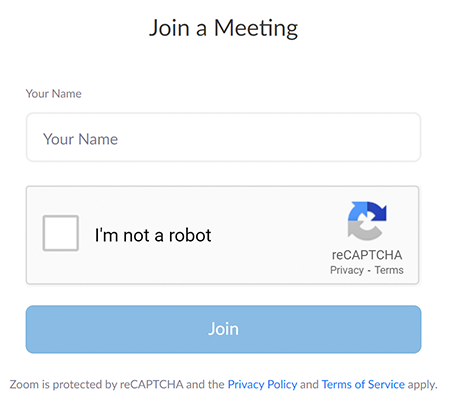
Moving Through Slides
Feedback & Links to Additional Resources
iCalendar File
Rehabilitation Act Notice for Reasonable Accommodation
Rehabilitation Act Notice for Reasonable Accommodation
It is EPA's policy to make reasonable accommodation to persons with disabilities wishing to participate in the agency's programs and activities, pursuant to the Rehabilitation Act of 1973, 29 U.S.C. 791. Any request for accommodation should be made to the ITRC Training Program at 202-266-4932 or itrc@itrcweb.org, preferably one week or more in advance of the webinar, so that EPA will have sufficient time to process the request. EPA would welcome specific recommendations from requestors specifying the nature or type of accommodation needed. EPA welcomes specific recommendations from requestors specifying the nature or type of accommodation needed. Please note that CLU-IN provides both alternate phone call-in options and closed captioning for all webinars, and requests for these specific accommodations are not necessary.
Webinar Recording
By participating in this CLU-IN webinar, you automatically agree to authorize recording of audio and visual content presented during this live event and consent to subsequent use of this recording in the public domain by the U.S. Environmental Protection Agency. This recording may include questions, comments and poll responses provided by you during the live event in addition to your name, voice, image or likeness. This recording will be made available after the conclusion of the live event as part of the CLU-IN webinar archives, and will remain available indefinitely. If you do not wish to consent to the recording, please do not join the live event, and contact Jean Balent at 202-566-0832 or balent.jean@epa.gov to discuss your concerns.
Content Disclaimer
This webinar is intended solely to provide information to the public. The views and opinions expressed as part of this webinar do not necessarily state or reflect those of the U.S. Environmental Protection Agency. It is not intended, nor can it be relied upon, to create any rights enforceable by any party in litigation with the United States, or to endorse the use of products or services provided by specific vendors. With respect to this webinar, neither the United States Government nor any of their employees, makes any warranty, express or implied, including the warranties of merchantability and fitness for a particular purpose, or assumes any legal liability or responsibility for the accuracy, completeness, or usefulness of any information, apparatus, product, or process disclosed, or represents that its use would not infringe privately owned rights.

